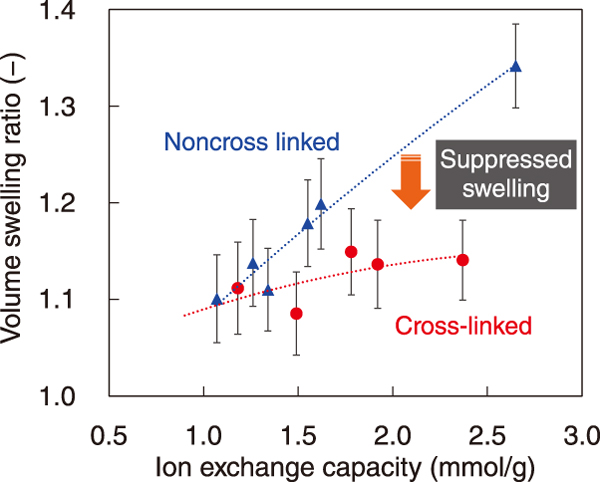
### Spaced Repetition: An Effective Memory Strategy That Empowers You
Spaced repetition is a research-supported learning method that can revolutionize how we memorize and retain information. In contrast to cramming, which prioritizes immediate results and frequently results in rapid forgetfulness, spaced repetition leverages our brain’s natural learning and memory processes. By purposefully spacing out the study and review of material over progressively longer time frames, this technique enhances memory retention and fosters long-term recall. Even better, thanks to current technology, you can design your personalized spaced repetition system using applications like **Anki** to master nearly any subject effectively.
—
### The Science Behind Spaced Repetition
The effectiveness of spaced repetition is rooted in the psychological principle known as the “forgetting curve.” Initially presented by Hermann Ebbinghaus in the late 1800s, the forgetting curve illustrates how quickly we lose new knowledge if we fail to revisit it. Each time we review the information before it slips from our memory, the curve becomes less steep, indicating we hold on to this knowledge for extended periods. This is where spaced repetition shines; it plans reviews just prior to when you might forget the material, enhancing your learning efficiency.
With time, the periods between reviews lengthen as your brain solidifies its understanding of the information. The outcome? Robust, long-lasting memories formed with minimal wasted effort.
—
### Resources for Spaced Repetition: The Anki Edge
When it comes to spaced repetition, tools like flashcards are incredibly useful. While conventional paper flashcards can be effective, applications like Anki take this practice to another level. Anki is an open-source, highly adaptable spaced repetition program that has garnered a dedicated international following among students, professionals, and lifelong learners.
#### Advantages That Make Anki Stand Out:
1. **Algorithmic Review Scheduling**: Anki employs a sophisticated algorithm to decide when to have you review each flashcard. Cards that you struggle with will show up more often, whereas those you find “easy” will come up less frequently.
2. **Cloud Sync Across Devices**: Enter new information on your desktop and study it on your smartphone during your commute or while waiting.
3. **Tailorable Content**: Whether studying a language, medical topics, historical events, or even dog breeds, you can create or download preconfigured decks suited to your learning preferences.
4. **Active Recall Encouragement**: Anki promotes retrieval practice—a well-documented learning strategy that boosts retention through active engagement.
Michael Nielsen, a scientist and significant proponent of spaced repetition, attributes a shift in his learning techniques to Anki. As he points out in [his Twitter thread](https://twitter.com/michael_nielsen/status/957763229454774272), spaced repetition turns memory from a “random occurrence” into a purposeful, manageable process, making memory a deliberate choice.
—
### Beyond Memorization: Comprehension vs. Recall
In discussing spaced repetition, Nielsen underscores an important idea: memory by itself is insufficient. What elevates mere memorization to genuine mastery is leveraging the learned content as a base for deeper insight. For instance, while a spaced repetition system can assist you in memorizing the essential terms and equations of a physics course, employing that information to tackle problems or grasp new ideas solidifies it into actionable knowledge.
This distinction echoes insights from Charles Darwin’s **Autobiography**, where he recounts his practice of noting inconvenient facts that challenged his preconceived notions. By doing this, Darwin actively sought to retain ideas that were initially counterintuitive to his understanding. Incorporating such facts into a spaced repetition system not only makes them easier to access but also trains your mind to engage thoughtfully with differing viewpoints.
—
### Widening the Advantages
The benefits of spaced repetition go well beyond just memorizing vocabulary or succeeding on tests. Here are several ways this method can be utilized across different areas:
1. **Language Acquisition**: Acquire new vocabulary, grammar rules, and pronunciations.
2. **Career Advancement**: Retain essential information for certifications, programming languages, or business competencies.
3. **Self-Improvement**: Combat cognitive biases, similar to Darwin, by memorizing contradictory facts to enhance critical thinking skills.
4. **Personal Interests**: Absorb trivia, bolster trivia game tactics, or deepen historical knowledge.
Furthermore, spaced repetition complements other effective learning strategies like **retrieval practice** (mentally recalling facts) and **interleaving** (mixing study subjects for better retention). Collectively, these strategies create a solid framework for effective and meaningful learning.
—
### Getting Started
Embarking on your spaced repetition journey is straightforward:
1. **Select an App**: Download Anki or alternative spaced repetition software (e.g., SuperMemo, Quizlet).
2. **Tailor Your Flashcards**: Emphasize breaking down subjects into smaller, manageable pieces. Steer clear of overloading a single card with too much information.
3. **Establish a Daily Review Routine**: Consistency is crucial. Dedicate even just five to fifteen minutes